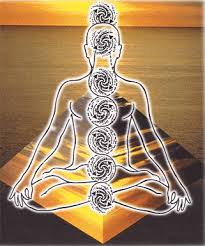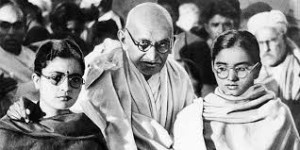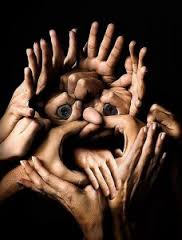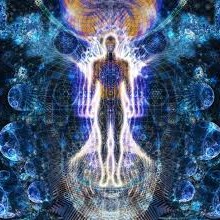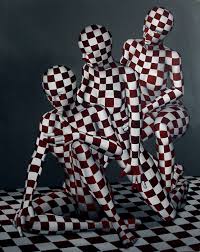As our brothers or sisters might belong to the same physical family, so generally are us and our counterparts part of the same psychic group of consciousness. Remember that these psychic groups are like natural formations into which consciousness seems to flow. Our own interests, desires, and abilities are not predetermined by our membership in a given psychic family.

For example, we are not creatively playful because we are “Sumari” Instead, we join the Sumari grouping because we are creatively playful. The groupings of consciousness, then, are not to be equated with say, astrological houses.
Taking the Sumari as an example, there can be overly intent, ponderous, or simple dour Sumari who have not learned to use their creativity graciously, or with joy. Yet that joyful use of ability will be their intent. At particular periods of history, in our terms, different families may predominate.
The psychic groups, however, overlap physical and national ones. The Sumari are extremely independent, for instance, and as a rule we will not find hem born into countries with dictatorships. When they do so appear, their work may set a spark that brings about changes, but they seldom take joint political action. Their creativity is very threatening to such a society.

However, the Sumari are practical in that they bring creative visions into physical reality, and try to live their lives accordingly. They are initiators, yet they make little attempt to preserve organizations, even ones they feel to be fairly beneficial. They are not lawbreakers by design or intent. They are not reformers in the society or culture. they are given to art, but in its broadest sense, trying to make an “art” of living, for example. They have been a part of most civilization, though they appeared in the Middle ages (A.D.476- A.D. 1450) least of all. They often come to full strength before great social changes. Others might build social structures from their work, for example, but the Sumari themselves, while pleased, will usually not be able to feel any intuitive sense of belonging with any structured group.
There is no correlation between the families of consciousness and bodily characteristics, however. many of the Sumari choose to be born in the springtime, but all those born in the spring are not Sumari, and no general rule applies there. They also have a liking for certain races, but again no specific rules apply. Many of the Irish, the Jews, the Spanish, and some lesser numbers of the French, for instance, are Sumari–though they appear in all races.

Generally speaking, America has not been a Sumari nation, nor have the Scandinavian countries or England. Psychically speaking, the Sumari often very nicely arrange existences in which they are a minority–in a democracy, say, so that they can work at their art within a fairly stable political situation. They are not interested in government, yet they do rely upon it to that extent. They are apt to be self-reliant within that framework. Their recognized artistic abilities may predominate or be fairly minimal.

Sumari is a state of mind, a slant of being. They are not fighters, nor will they generally advocate a violent overthrow of government or mores. They believe in the creativity of change, naturally occurring
Nevertheless, they are often part of the cultural underground simply because they are seldom conformers. A Sumari is very uncomfortable as a member of any large commercial venture, particularly if the work involves habitual or boring routine. They are not happy on assembly lines. They like to play with details– or to use them for creative purposes. They often go from one job or profession to another for that reason.
If we begin to look into the nature of oneself, and feel intuitively that we are a Sumari, then we should look for a position in which we can use our inventiveness. Sumari enjoy theoretical mathematics, for example, yet make miserable bookkeepers.

In the arts, Picasso was a Sumari. Many entertainers are Sumari. We seldom find then in politics. They are not usually historians.
There are few with any position within organized religions. Because of their feelings of self-reliance, however, we can find them as farmers, working intuitively with the land. They are equally divided between the sexes. In our society, whoever, Sumari qualities in the male have until lately been frowned upon to some degree.
